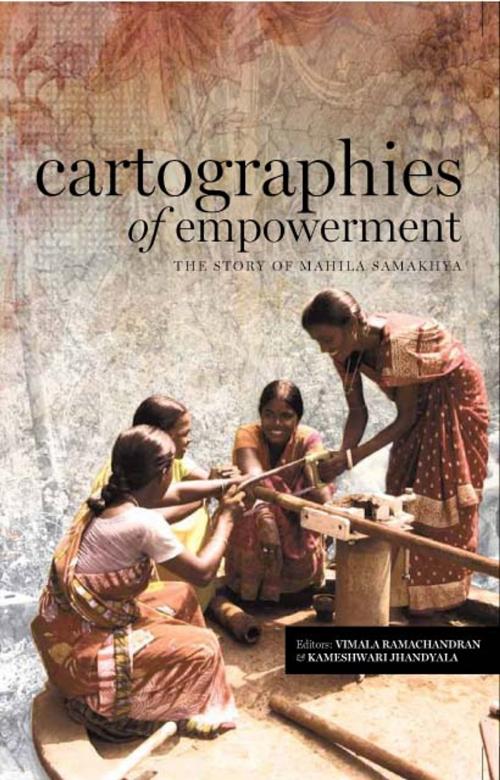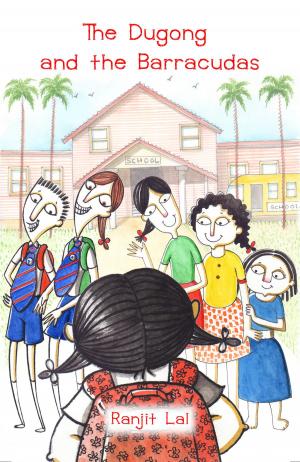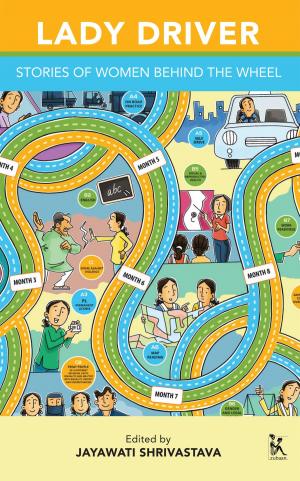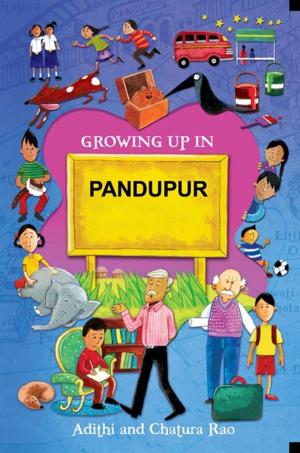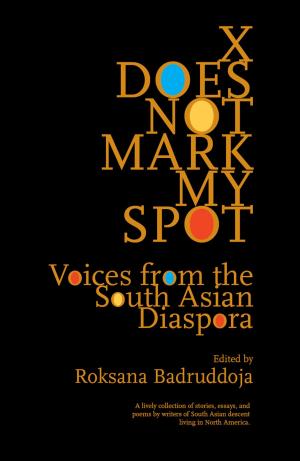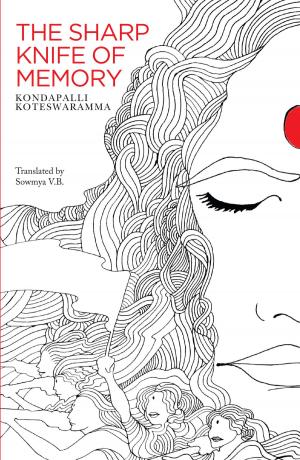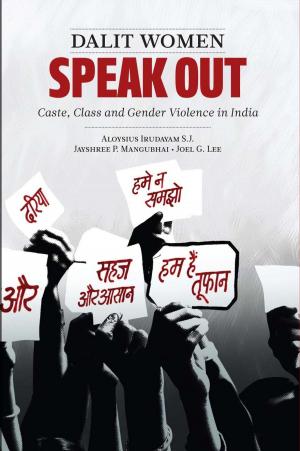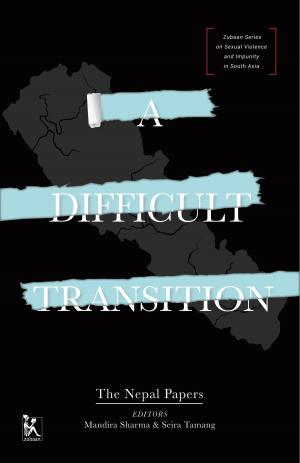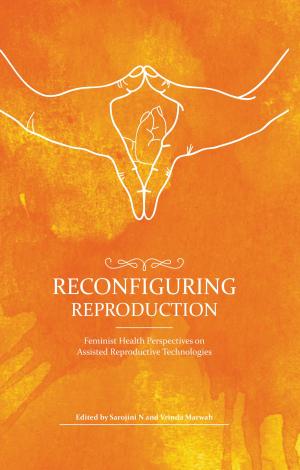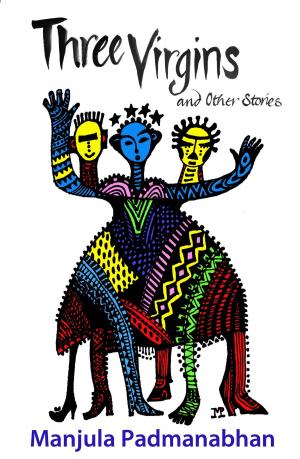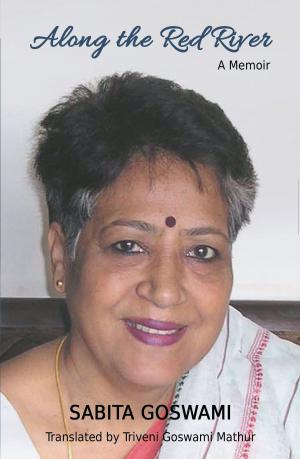Cartographies of Empowerment
The Mahila Samakhya Story
Nonfiction, Social & Cultural Studies, Social Science, Gender Studies, Women&| Author: | ISBN: | 9789383074167 | |
| Publisher: | Zubaan | Publication: | March 11, 2014 |
| Imprint: | Language: | English |
| Author: | |
| ISBN: | 9789383074167 |
| Publisher: | Zubaan |
| Publication: | March 11, 2014 |
| Imprint: | |
| Language: | English |
Mahila Samakhya is as much a story of a government programme for women’s education and empowerment as it is of the celebration of the struggles of poor women for gender just rights. Spread across eight states and more than 150 districts in India, the Mahila Samakhya programme grew out of a unique partnership between the women’s movement and the government. In this collection of essays, concerned scholars from different parts of India chart Mahila Samakhya’s fascinating journey of setting up poor women’s collectives and women’s agency in establishing an equal space and voice in the public domain a radical departure from the more common approaches of organising women around economic concerns. The writers explore broad gender issues grounded within the field experience of Mahila Samakhya, providing insights into the workings of the programme at different levels, its conceptual challenges, strategic choices, the opportunities and pitfalls of partnership with government and above all the willingness of poor women to come together voluntarily to address and overcome gender barriers.
Mahila Samakhya is as much a story of a government programme for women’s education and empowerment as it is of the celebration of the struggles of poor women for gender just rights. Spread across eight states and more than 150 districts in India, the Mahila Samakhya programme grew out of a unique partnership between the women’s movement and the government. In this collection of essays, concerned scholars from different parts of India chart Mahila Samakhya’s fascinating journey of setting up poor women’s collectives and women’s agency in establishing an equal space and voice in the public domain a radical departure from the more common approaches of organising women around economic concerns. The writers explore broad gender issues grounded within the field experience of Mahila Samakhya, providing insights into the workings of the programme at different levels, its conceptual challenges, strategic choices, the opportunities and pitfalls of partnership with government and above all the willingness of poor women to come together voluntarily to address and overcome gender barriers.
